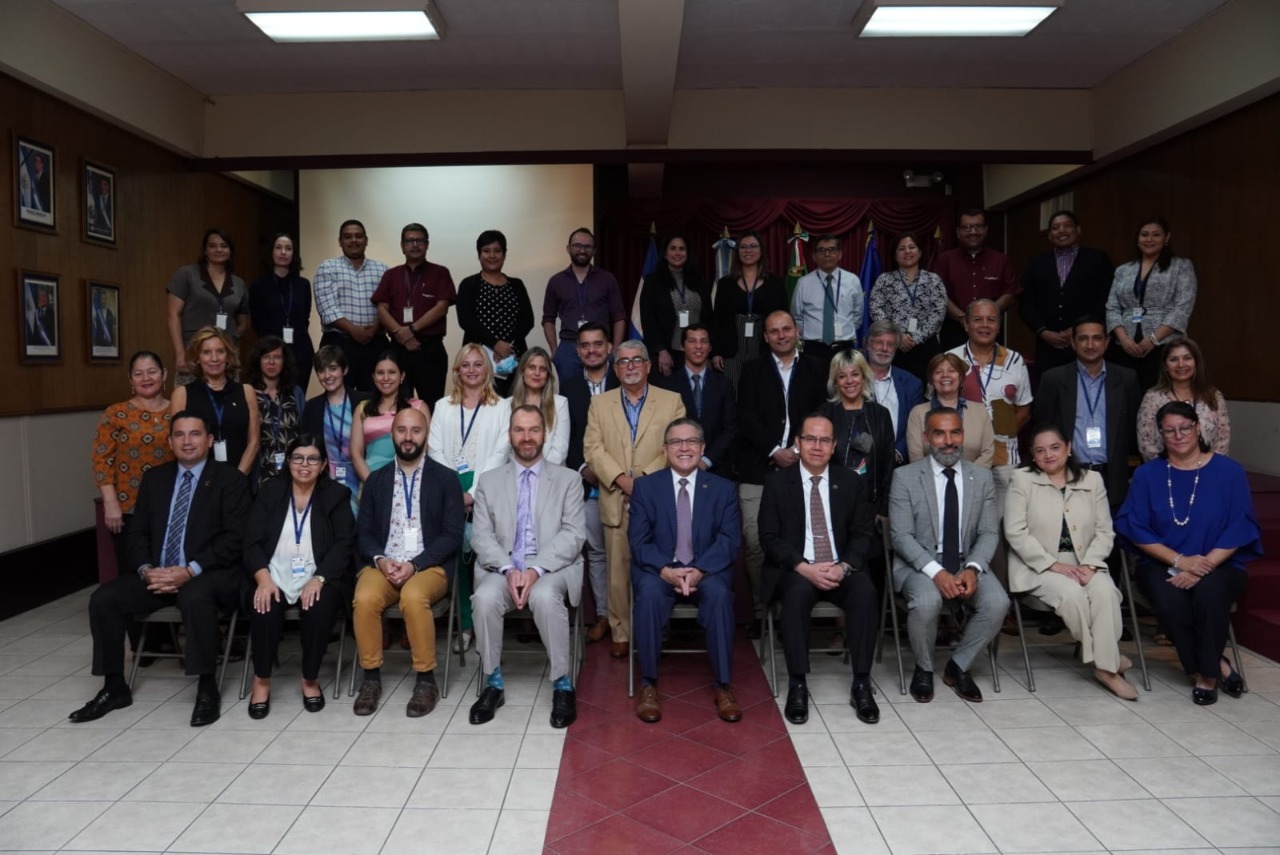
UDUAL participates in the Final Conference of the PROFIC
May 13th 2022Why PROFIC ?
Intercultural Competence refers to an ability to interact effectively with people of different cultures.
Developing cultural competence results in an ability to understand, communicate with, and effectively interact with people across cultures.
Intercultural competence is not only about avoiding conflicts and misunderstanding but also about fostering cultural diversity for innovation in the workplace.
With the growth of diversity in the higher education system and industry in the last few decades (University of Oxford, 2015) there has been an increased need for developing competences to deal with the benefits and challenges arising from intercultural encounters and collaborations (Gregersen-Hermans, 2017).
In order to successfully work and collaborate across a variety of cultural domains and with people from diverse cultural backgrounds, a set of abilities for dealing with cultural diversity is required for both student and university staff. These abilities, collectively termed intercultural competence (IC), enable effective studying, living and working across different cultural boundaries (Fantini, 2000).IC is a key characteristic needed for a working life in the ever more global labour market and is seen as one of the key competences for 21st century graduates (EC, 2005; Deardorff, 2009) and, as such, it is an essential part of curriculum design.
Higher Education Institutions (HEI’s) are expected to provide their students with the competence to work, study and live alongside different cultures and use the cultural diversity of their surrounding as an advantage for innovation. There is an expectation that this generic competence would be developed across the whole university curriculum rather than as an additional activity (Deardorff, 2015). Even where university staff possess high levels of IC this still does not mean that they are fully prepared or have the tools to incorporate it in their teaching and interaction with students.
Studies and our previous research experience reveals academic and administrative staff in Latin American HEI’s particularly struggle to develop a solid level of IC themselves and lack support in developing new learning methodologies and technology enhanced ways to integrate it into their curriculums (EMIC, 2015; Berry & Taylor, 2014).
Latin American HEIs (LA HEI’s) have gone through a process of increased internationalisation in recent years, and have planned a further rapid growth period of intra-regional (Hans de Wit, 2017) and international mobility (Berry & Taylor, 2014) by 2020. At the same time, there is a widespread movement towards widening access to students and staff coming from indigenous backgrounds. However, if cultural diversity is not focused well, it can create a lack of communication, conflicts and exclusion.
On the other hand, if managed well and with the appropriate level of IC, the diverse environment can provide for better and more innovative outputs, novel projects and discoveries developed from cultural boundary crossing. These regional and global developments put intercultural competence as an essential part of university curriculum development for preparing students for an increasingly global and culturally diverse labour market.
In addition to the lack of support in the development of intercultural competence for staff and students, there has been a growing need for the development and use of work-integrated learning technologies for developing transferable competence for the subsequent need of IC across the curriculum.
The project team in collaboration with partner and affiliated institutions has conducted a comprehensive needs analysis through institutional, national and regional perspectives. The institutional needs analysis was conducted through self-assessments from participating institutions and by a review of their institutional policies and initiatives (for example UNC’s ‘Participatory Strategic Planning 2016-2026’, UG’s Los Lagos University Centre Strategy etc.). The national level reviews were conducted through policy reviews as well as direct input from public authorities (for example advice from the Mexican Ministry of Education, an affiliated organization). The supra-national and regional needs analysis was done through an external analysis of UDUAL and affiliated partners (COMPAS, YEN, IESALC).
Based on comprehensive multi-sided needs analysis the following specific challenges were identified in the HEIs and therefore countries participating in the project:
- lack of know-how for teaching, learning and assessment of diverse student cohort (internal LA student mobility, international overseas students and students from indigenous cultural backgrounds);
- supporting student development of IC across curriculum as one of the requirements for graduates to further study and employ in a global economy;
- national and regional initiatives focusing only on the mobility and not on IC as a curriculum development need;
- lack of provision and recognition of professional development in IC in the institutional evaluation of staff;
- limited use of work-integrated and technology enhanced learning of IC both for students and for staffs’ professional development.
These listed challenges create a need for more tailored, work-integrated and engaging professional development opportunities for staff to improve their own IC and the ability to support students in developing their intercultural abilities within the curriculum.
In order to competently deal with such complex cultural challenges the PROFIC project will investigate, develop and test a holistic, customized, flexible and reflective professional and curriculum development programme that would provide LA HEI’s with increased knowledge, awareness, skills, attitudes and tools to be an intercultural competent professional.
Project Phases
Work Packages 3, 4, 5, 6 and 7
Project Phases
-
Phase 1: Baseline Study
The Baseline study will: a) will outline the needs of all target groups, and b) it will identify and explore issues related to interculturality within the Latin American HEI partners. The Baseline study will aim to identify components of IC (intercultural knowledge, skills, awareness and attitudes) needed for professionals taking part in the study.
For this purpose, the WP3 will consist of a study visit lasting 3 days at each institution during which researchers will familiarise themselves with the institution and its policy and professional development provision. During the study visits, at least 6 interviews will be conducted at each of the LA HEI partners (minimum N=48), allowing for a stratified sample; combining the different roles participants perform in their organisations. The interviews will be based on an in-depth qualitative analysis using a critical incident interview methodology.
The qualitative data will be used to assist the development of the Learning Programme. Academics and administrators real-life experiences will be captured and used as ‘content’ for developing participative learning activities contextualised during the Learning intervention phase. Moreover, at least one 1 focus group will be organised at each partner LA HEI making sure that different student groups are represented (local student who never studied/worked abroad, local students who previously studied/worked abroad and international students). A total of minimum 80 administrators,academics and students will reached through the combined qualitative methods.
The Bassline study will be underpinned by scoping studies of current provisions on intercultural competence professional development in the partner LA HEI’s as well as a further investigation of existing policies and practices across other LA HEI’s. -
Phase 2: Learning Programme Development and Delivery
In the Learning Programme development phase, the data and findings from the Baseline phase will be used to develop the PROFIC Learning Programme. The Learning Programme will be piloted in the LA HEIs and will consist of a blended learning approach involving 2 separate workshops: a) developing IC and b) coaching for trainers. The first face-to-face workshop on developing IC will last 4 days and will focus on the reflective development of the IC of administrators and academics.
The second workshop will take a form of ‘training for trainers’ and will last 3 days. Training for trainers will focus on enabling academics and administrators who deal with students to develop learning activities and incorporate IC development for students in their own activities, in addition to training on using the IC Toolkit. A subcontractor will be procured to work on developing the an interactive online learning platform. The learning content will be provided by the Partners. The Learning Platform will be used for learning activities before and between the two face-to-face workshops and utilise mobile technology (tablets) in addition to other media. The platform will include a personal IC reflection tool, collaborative learning activities, information on the main concepts related to IC and resources for further reading and exploring IC.
The online tool will allow participants to reflect on their own experiences, exercise the use of concepts learned throughout the workshops, discuss intercultural issues with other participants and find other resources to support their fluid learning about IC. The individual learning will be complemented by facilitated online ‘hang-outs’ where participants can discuss specific issues related to IC based on their experiences during the Learning Programme as well as discuss the use of relevant IC knowledge, awareness, skills and attitudes in their work.
Emphasis will be placed on collaborative work, participative learning and reflection around intercultural issues experienced by the participants throughout their work. In the period between the two workshops, participants will engage with resources, online activities and meetings through the PROFIC Online Learning Platform in order to further reflect on their learning and capitalise on the knowledge gained in the workshops. Both face to face workshops will be organised for all of the LA countries, to bring all partner HEI’s from their respective countries together for an exchange of knowledge and for purposes of cost-efficiency. -
Phase 3: Action plans implementation
During this WP the LAHEIs staff who attended the training will implement knowledge gained from the PROFIC Learning Programme in their work.The implementation will be supported by the PROFIC Tool kit which will be flexible and adaptable and the practitioners could use it as they see fit. The practitioners will be supported by the PROFIC project experts through a mentoring approach and online meetings.
Through online mentoring, practitioners will be invited to reflect on the usefulness of their learning and teaching practice, issues and challenges of developing IC of students and any potential improvement to the online Toolkit. Although the main purpose of this WP is to provide support and advice to HEI practitioners, ideas and best practices will also be gathered for potential inclusion in the PROFIC Toolkit. -
Phase 4: Toolkit Development
PROFIC Toolkit development will involve on-going work on developing and updating the Toolkit. The work will build on the EMIC Toolkit developed in the previous project and expand it with adaptations to the specific needs of academic and administrator in LA HEIs.
Input from other phases (WP3, WP4 and WP5), will be used in order to finalise the toolkit into a holistic and integrated set of tools and support documents for the professional development of academics, administrators and students.
The Toolkit will be made available as an open-education resource with an open licence (adaptable and shareable with referencing).
The PROFIC Toolkit will published as an OER with a Creative Commons licence (Creative Commons Attribution-NonCommercial-ShareAlike 4.0 International License). -
Phase 5: Communication and Dissemination
Coordinate dissemination activity, forming and executing a dissemination plan including presence online and social media presence, presentations on external and internal events.
The dissemination and exploitation for the project activities will define horizontal activities to be developed in order to ensure that the project’s activities and results are promoted to a wide a public as possible and that the project results are effectively exploited to ensure that the results are sustainable.
Outputs
Here you can find the project outputs
Profic Community
The PROFIC Community would in the first instance include project partners and their staff who have undergone PROFIC Learning Programme who will act as future champions and internal and external disseminators and exploitation multipliers.
During WP6 the direct staff beneficiaries will share their experiences and adaptations of PROFIC tools with their students and colleagues. This would contribute to attracting other interested HEI’s for exchange of knowledge and long term collaboration in the field of professional development in intercultural competence in LA and Europe.
The Community would be used for collaboration through the online platform, newsletters, future events and project ideas.
The PROFIC Community will partner with the EU Strategic Partnership EQUiiP for long term exchange of know-how, future project development and connection between LA and EU HEI’s.
All project partners see IC development as a long term goal beyond the project lifetime and are therefore committed to participating, engaging their staff to contribute to the PROFIC Community as well as managing the Community online platform.
Team
Team Project
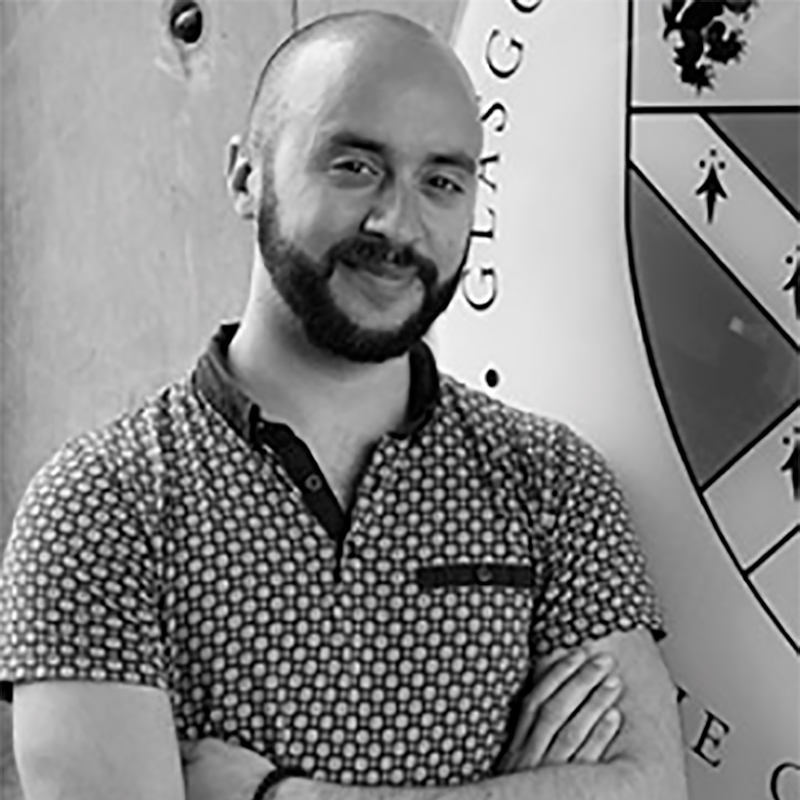
Dr. Dane Lukic
PROFIC CoordinatorGlasgow Caledonian University

Natalia Popielska
Project OfficerGlasgow Caledonian University

Thomas Peschken
Senior LecturerGlasgow Caledonian University
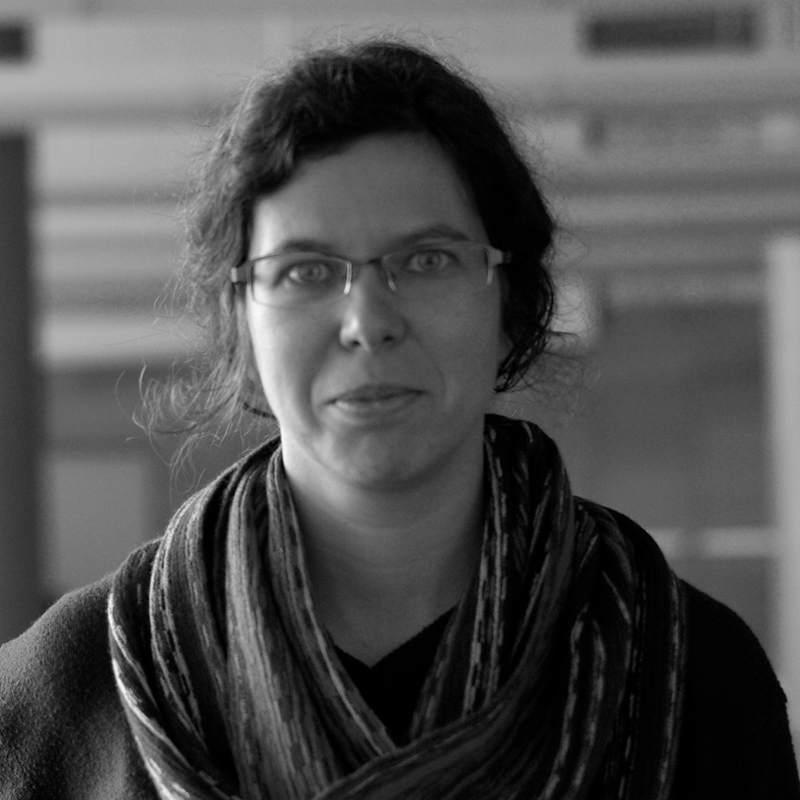
Maria Yarosh
ResearcherUniversity of Groningen

Sara Cella
Project Manager at Research & Development DepartmentUniversità degli Studi Guglielmo Marconi
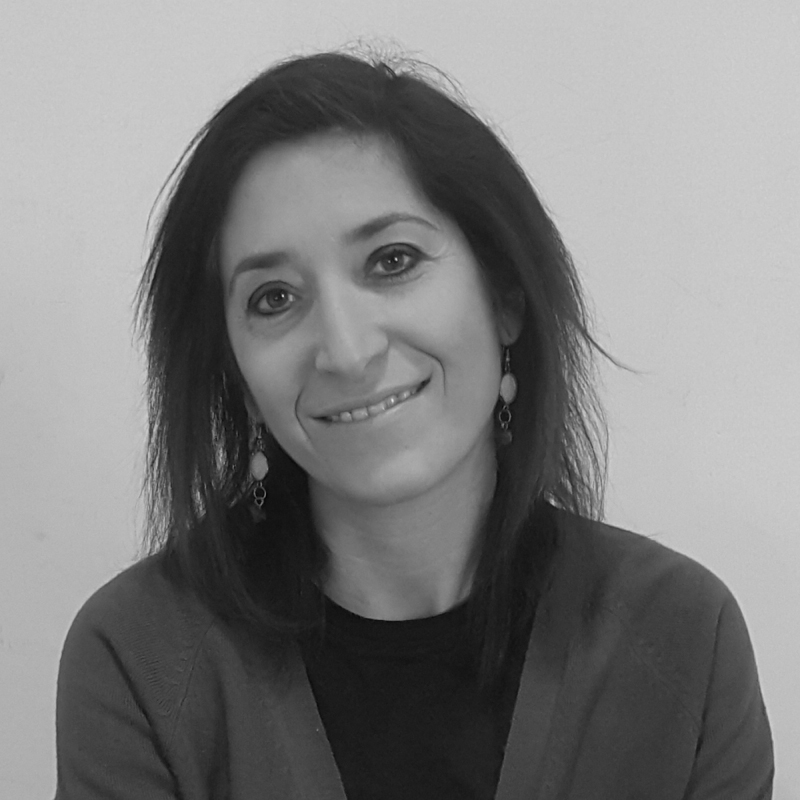
Susanna Correnti
Project Manager at Research & Development DepartmentUniversità degli Studi Guglielmo Marconi

Blanca Ruth Orantes
Directora de Relaciones InternacionalesUniversidad Tecnológica de El Salvador
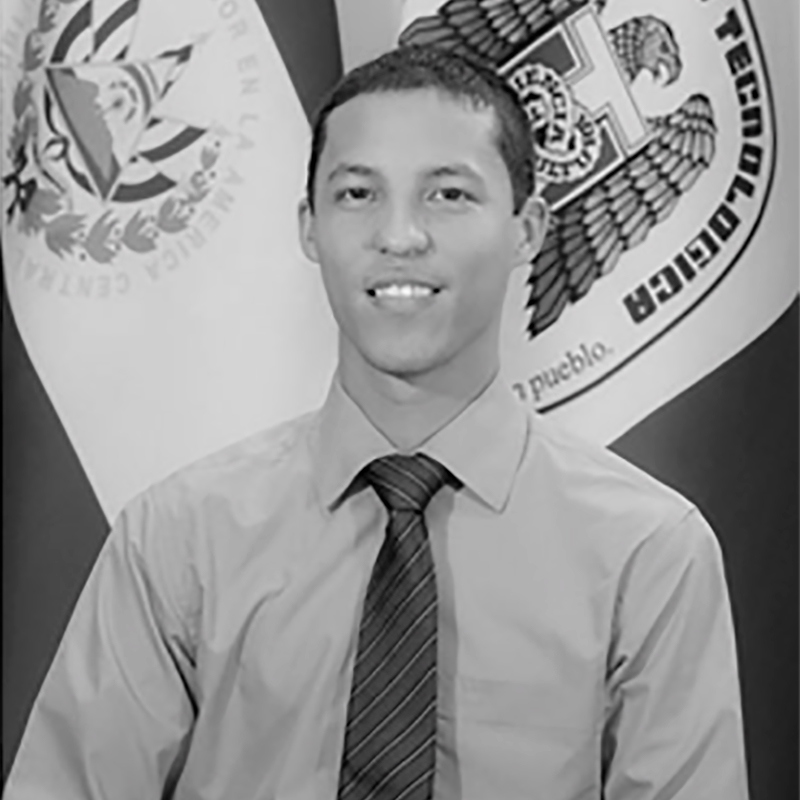
David Abraham Alas
Asistente de Movilidad e IntercambioUniversidad Tecnológica de El Salvador
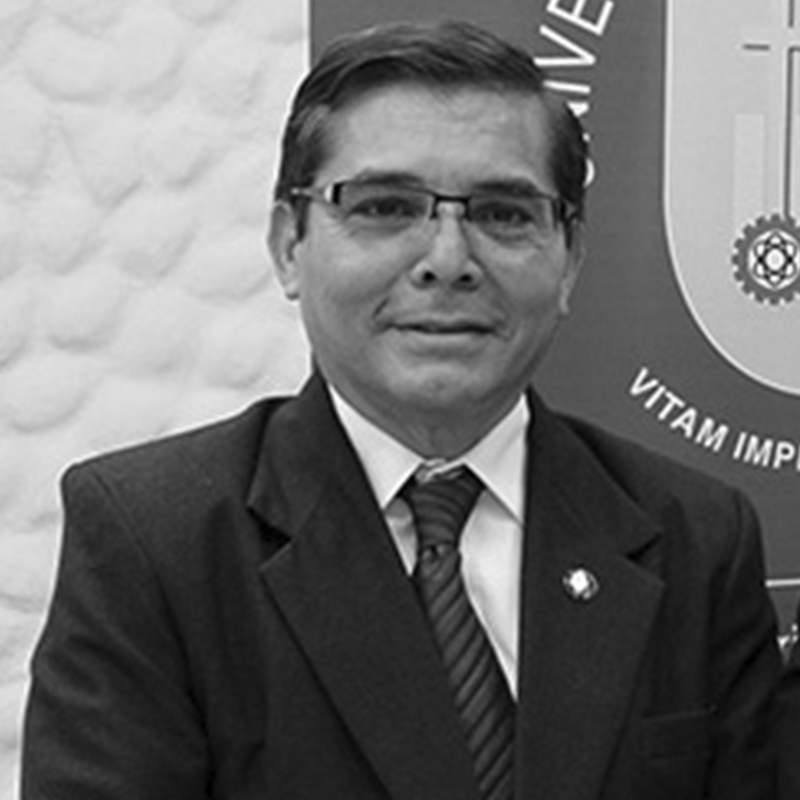
Nelson Antonio Quintanilla
Director de Cooperación y Desarrollo ProfesionalUniversidad Don Bosco

Norma Cortéz
Directora de Arte y CulturaUniversidad Don Bosco

Mónica Pérez
Directora de la Escuela de IdiomasUniversidad Don Bosco

Mirian Carballo
Prosecretaria de Relaciones InternacionalesUniversidad Nacional de Córdoba

Gabriela Avalle
Directora de Movilidad y Cooperación InternacionalUniversidad Nacional de Córdoba
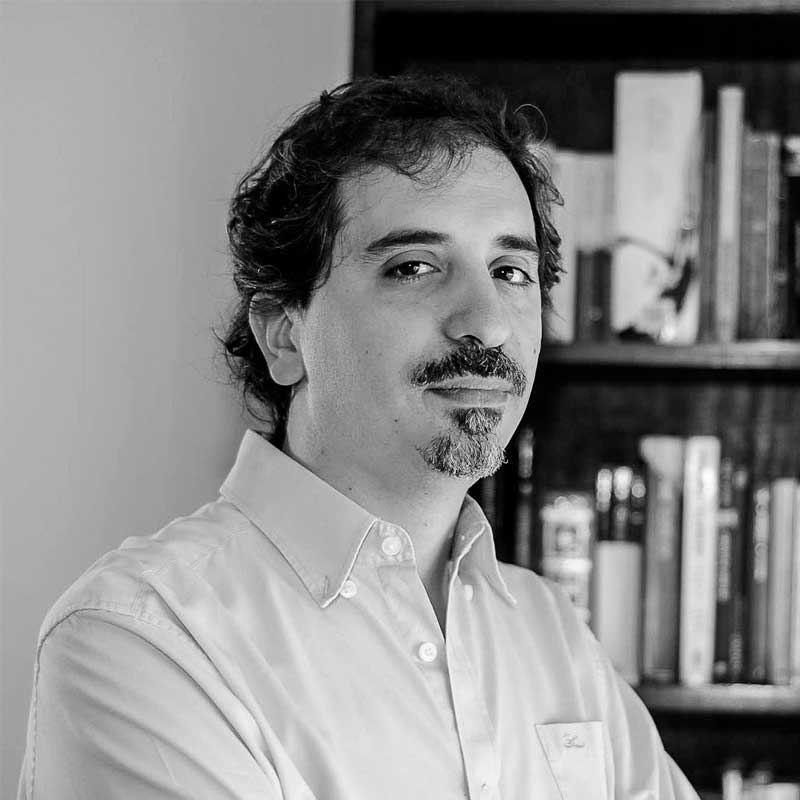
Juan Manuel Andrés
Proyectos InternacionalesProsecretaría de Relaciones Internacionales Universidad Nacional de Córdoba

Romina Ferrero
Responsable de Comunicación InstitucionalProsecretaría de Relaciones Internacionales Universidad Nacional de Córdoba

Brenda Schauvinhold
Área de Cooperación InternacionalProsecretaría de Relaciones Internacionales Universidad Nacional de Córdoba

Elena Golovushkina
Associate Professor.Universidad Nacional de La Plata

Prof. Enriqueta Della Rosa
Head of UNLP International Relations OfficeUniversidad Nacional de La Plata

Agostina Curcio
Lawyer. International Projects CoordinatorUniversidad Nacional de La Plata
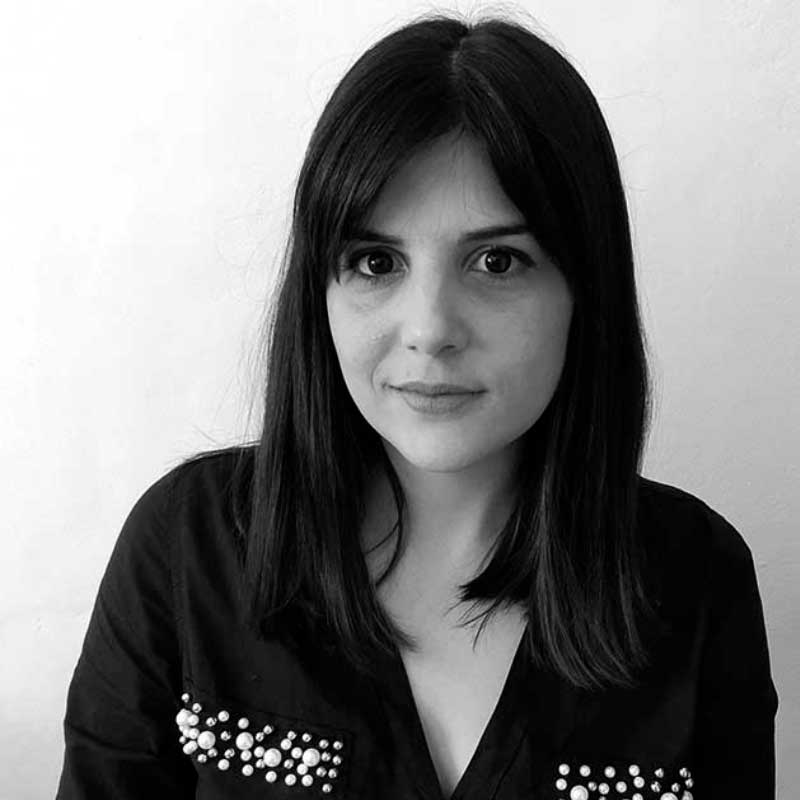
Sol Scamuffo
Sworn Translator. International Projects AssistantUniversidad Nacional de La Plata

Julián Farina
Proyectos InternacionalesUniversidad Nacional de Lanús

Georgina Hernández
Secretaria de Cooperación y Servicio PúblicoUniversidad Nacional de Lanús

Valeria Suarez
Secretaria AcadémicaUniversidad Nacional de Lanús
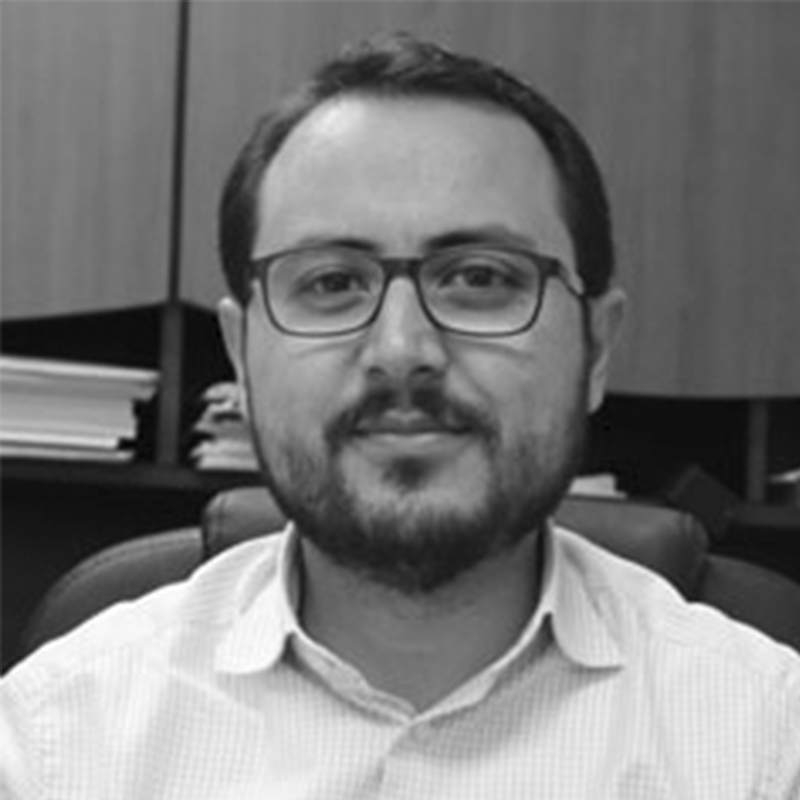
Héctor Rangel
Coordinador de Movilidad Estudiantil y AcadémicaUniversidad Veracruzana

Marco Antonio Flores Mavil
Colaborador de la Dirección General de Relaciones InternacionalesUniversidad Veracruzana

Alma Eduwigis Rangel
Coordinadora de InternacionalizaciónCU-Lagos Universidad de Guadalajara
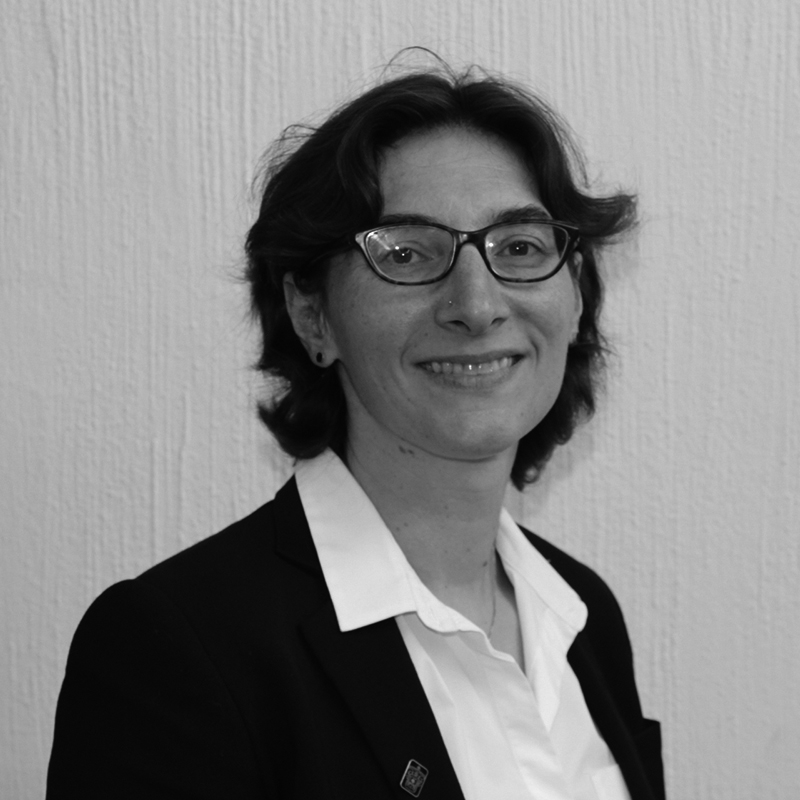
Rebeca Vanesa García
Directora de Estudios dela Cultura Regional
CU-Lagos Universidad de Guadalajara
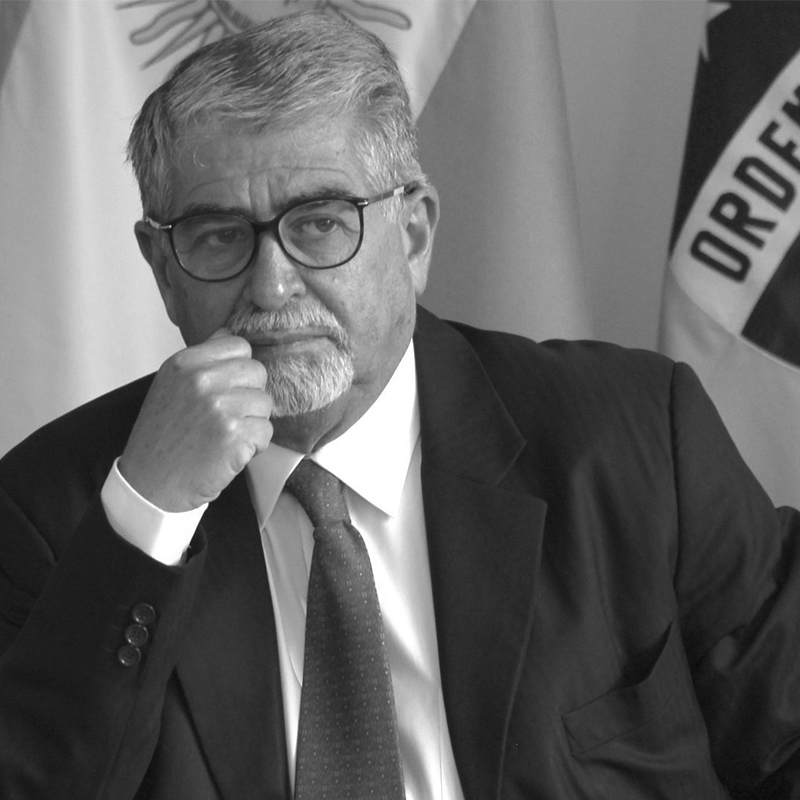
Roberto Escalante
Secretario GeneralUDUAL
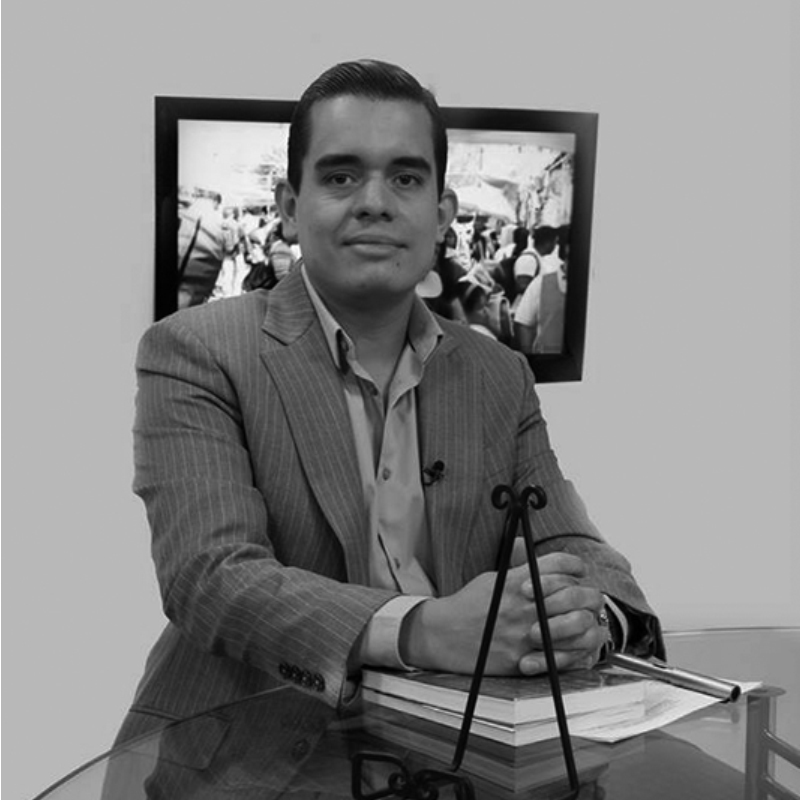
Luis Fernando Rodríguez
Director de Medios de ComunicaciónUDUAL











